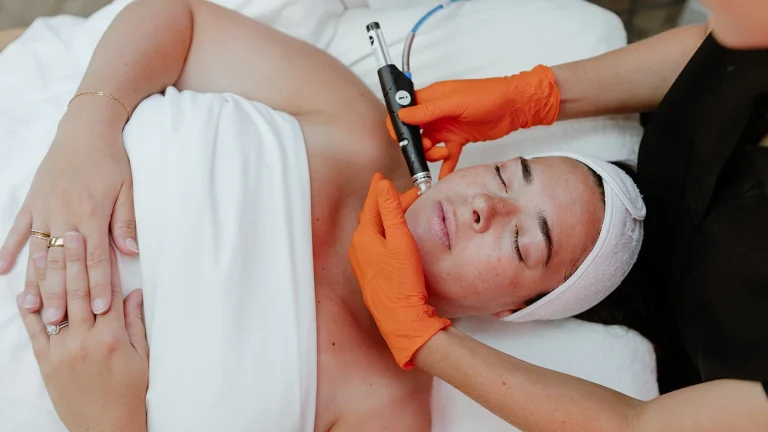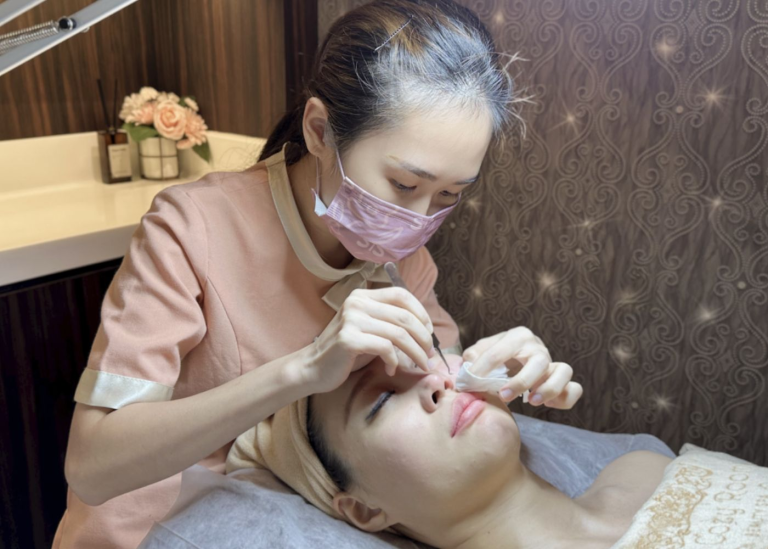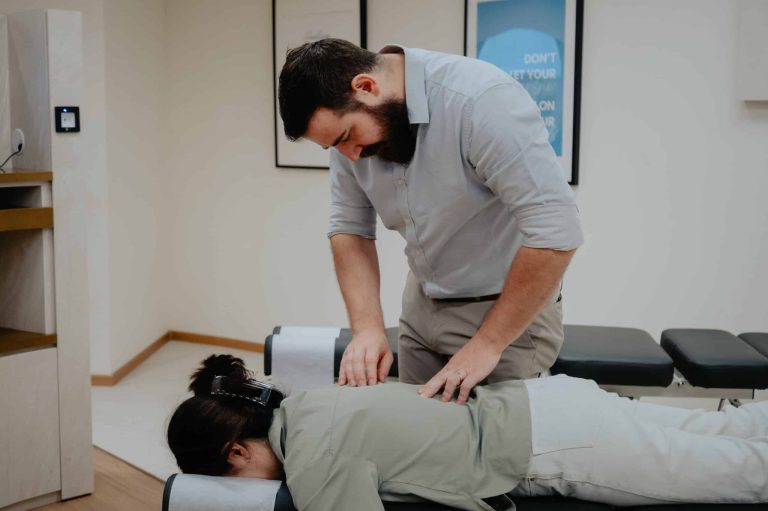Sleep apnea can be defined as the condition that causes an individual to stop breathing while sleeping. Lack of breathing comes with the consequence of less intake of oxygen. An individual will therefore try to gasp for air, and in most cases, he or she will wake up in the process. However, you will not realize that you stopped breathing, and hence they may continue back to sleeping usually. This is a sleep condition that will require your attention because it may cause severe problems. You must understand it and seek the appropriate medical attention. Highlighted below are three main types of Bristow Sleep Apnea.
Types of sleep apnea
- Obstructive sleep apnea – is the condition that occurs when throat muscles relax. In this case, breathing stops involuntarily for brief periods due to the narrowing of the airway and space in the throat.
- Central sleep apnea – This condition mainly happens when the brain does not send the right signals to the muscles that control breathing. It is caused by the deactivation of respiratory muscles or the failure of the brain to activate respiratory muscles.
- Complex sleep apnea syndrome – the condition that is also referred to as the treatment-emergent central sleep apnea. It mainly occurs in patients who have both obstructive sleep apnea and complex sleep apnea syndrome.
Symptoms of sleep apnea

There are some signs and symptoms that you may notice from sleep apnea. The symptoms of central sleep apnea and obstructive sleep apnea are almost similar. Some of the common signs may include the following.
- The patient may snore when sleeping
- When sleeping, you may gasp for air
- Headaches in the morning
- Waking up with a dry mouth
- Insomnia
- Feeling sleepy during the day
- Feeling irritated
- Being less attentive when awake
- Another person could report periods when you stopped breathing
Factors that may increase the risk of sleep apnea
Some key factors that may make you more like to have this condition include:
- Excess weight – people with obesity are known to suffer from this condition. It is a result of fat deposits that accumulate on the upper airway and hence obstructing your breathing.
- Circumference of the neck – those people who have thicker necks will be more prone to suffer from sleep apnea due to narrow airways.
- A narrow airway – having a narrow airway can be a family problem. Some narrow airways may be caused by large tonsils or adenoids that may enlarge, making the airway thinner. The condition mainly occurs in children.
- Age – older people are more vulnerable to this condition.
- Use of drugs- some drugs such as alcohol, sedatives, and tranquilizers will relax the muscles in your throat. It will, in return, worsen obstructive sleep apnea.
Treatment for sleep apnea
If you are suffering from the condition, be aware that you can get the treatment. If the disease is mild, the doctor will recommend that you change your lifestyle. Some changes include losing weight and quitting the use of certain drugs. If you suffer from allergies, get the treatment, and the condition will disappear. If the situation does not improve after changing your lifestyle, the doctor may recommend using devices that will keep your throat open. CPAP or continuous positive airway pressure therapy utilizes a machine that will help you recover.
Contact a sleep apnea specialist
While some sleep apnea conditions are mild and recover by lifestyle change, other cases will require a specialist. The specialist will give the right sleep therapy, and this will help you recover. The team at Momentum Dental Care will deliver the service that you deserve.














